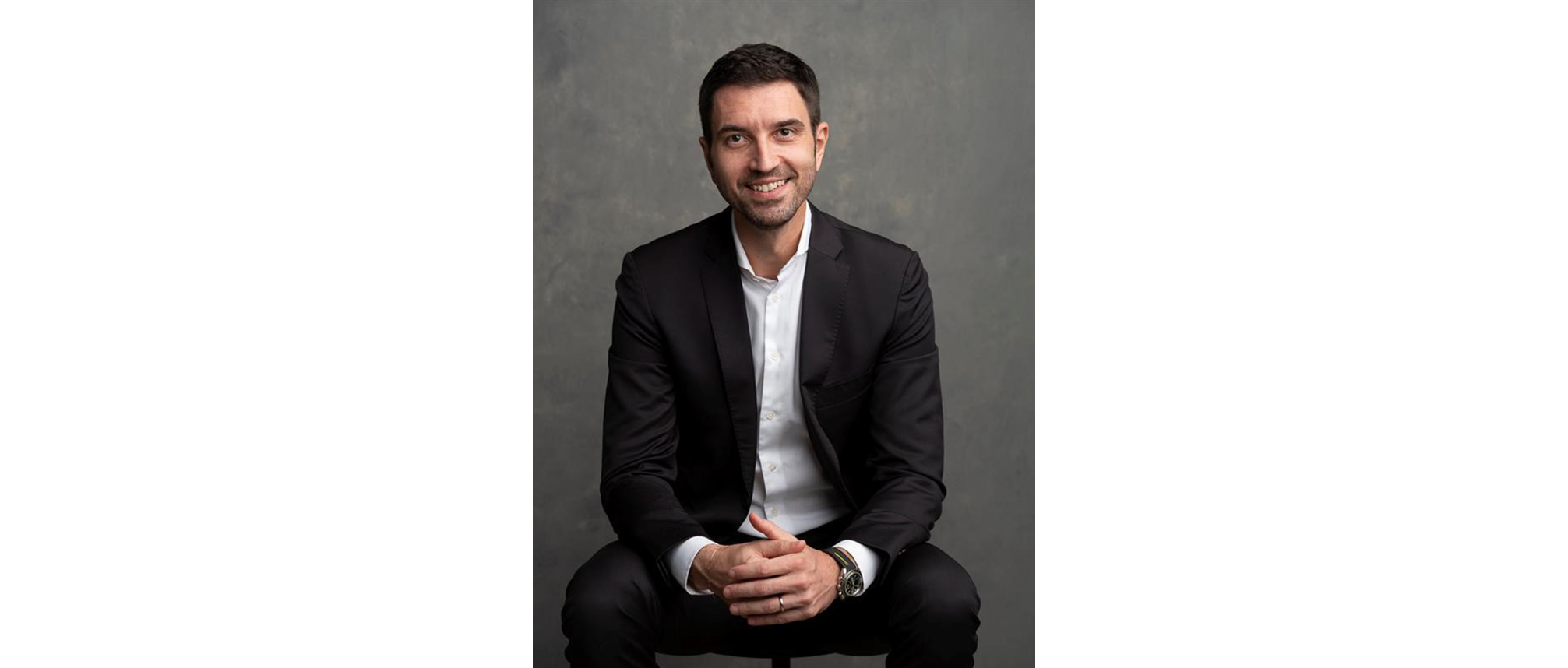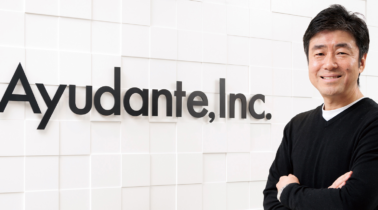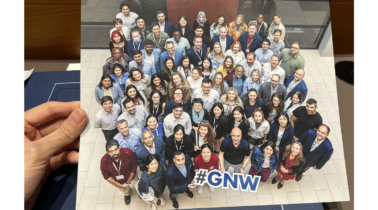Shaping the Future: Manuel Sguazzi’s Vision at Swagelok Singapore
Looking at Manuel Sguazzi’s impressive 15-year resume, it’s clear he has become a master of steering through the complexities of global markets. Graduating from the NUS Executive MBA (Class of 2023) and currently the Vice President of Sales and Marketing at Swagelok Singapore, Sguazzi’s experience spans Europe, the Middle East, Africa, and Asia-Pacific. A truly global citizen, he skillfully blends leadership, innovation, and strategic foresight to drive success in the rapidly evolving sectors of technology and sustainability.
With a deep understanding of critical future areas such as semiconductors, green energy, petrochemicals, and oil and gas, Sguazzi has steered the company through complex industrial challenges. What he does is a demanding feat, requiring a keen understanding of the market’s intricacies and an exceptional ability to anticipate future trends and adapt accordingly. We’ve talked to Sguazzi to learn more about his work at Swagelok Singapore and how the NUS EMBA has equipped him to manage his job better. Read on to find out more about his thoughts on the future of energy and tech.
A Vision for Growth
Our first impression is that Sguazzi is driving Swagelok Singapore with a clear plan. “Our goal is to align our engineering solutions with the industry’s needs, especially in semiconductors and green energy,” he says. In light of customer shifts and emerging opportunities, Sguazzi emphasises strengthening core markets while exploring new arenas such as hydrogen technology. He outlines a strategic adaptation to these shifts: “We’re expanding our sales force and improving our team’s skills to meet these new challenges,” indicating a significant revamp in their sales strategy to navigate the evolving market demands better.
With such exhilarating times ahead, we are eager to witness how Sguazzi’s strategic initiatives will propel Swagelok Singapore into a new era of innovation and growth. The venture into the semiconductor and green energy sectors is particularly notable, given their critical role in shaping a sustainable future. Sguazzi is aware of the potential and ready to tackle the inherent challenges, “This strategic vision is more than a roadmap; it’s a commitment to innovation, growth, and sustainability.”
However, the energy and tech sector is highly dynamic, presenting a delicate balance of growth and caution. Sguazzi believes in navigating this landscape with a balanced approach to innovation and stability, especially in these fast-moving sectors. “In the energy sector, compliance and safety standards are paramount. Yet, we must also be agile, ready to adapt to new trends and technologies,” he highlights the importance of marrying rigorous industry standards with a zest for innovation. For those aiming to make an impact, Sguazzi advises, “It’s about being agile and creative while ensuring safety and compliance.” This dual focus ensures Swagelok Singapore remains competitive and sets a benchmark in sustainable and innovative industrial practices.
Impact of Executive MBA
Given his extensive experience, we were curious how the NUS EMBA has further refined Sguazzi’s approach to fostering business growth and achieving operational excellence. Sguazzi shared that this educational journey was transformative, significantly enriching his professional approach across various leadership roles. “The entire program was enlightening, but certain modules stood out for their profound impact on my career trajectory,” he noted.
“The Leadership module, led by Dr. Frese, was pivotal,” Sguazzi explained, highlighting its role in equipping him with insights and tools for effectively managing multicultural teams—a crucial skill for his leadership roles abroad. This module proved instrumental during his tenure as Managing Director in Thailand and continues to influence his work in Singapore, helping him bridge cultural gaps and maintain team harmony.
He also emphasised the importance of the Corporate Finance module taught by Prof. Jain, which played a crucial role in optimising his company’s cash cycle, enhancing his financial acumen, and reinforcing the importance of cross-departmental collaboration. The Entrepreneurship module by Prof. Adams sparked a passion for the tech startup ecosystem and venture capital, driving him to mentor and support post-seed startups in their fundraising efforts.
“An honourable mention goes to the Macroeconomics module by Prof. Kim Sun Bae, instrumental in honing my investment strategies and understanding global economic cycles,” Sguazzi added. These modules, characterised by their practical applications and led by professors with real-world business acumen, not only broadened his perspective but also equipped him with a robust toolkit to navigate and lead effectively in today’s complex business landscape.
Advice for aspiring energy and tech professionals
We are impressed by the insights Sguazzi gained from the program and wonder what guidance he offers to professionals aspiring to excel in the rapidly evolving energy and technology fields.
Sguazzi emphasised the necessity of a nuanced strategy that marries innovation with stability. “Navigating these sectors demands a balance between the innovation-driven ethos of tech ecosystems and the stringent compliance and safety standards of the energy sector,” he shared.
Highlighting the dichotomy between the energy industry’s conservative nature and tech’s innovative drive, Sguazzi pointed out the importance of agility and the ability to adapt to emerging trends without compromising operational integrity. “For startups and established companies alike, success lies in fostering a culture that prioritises safety and compliance while being open to risk and innovation,” he advises.
For professionals and companies eager to excel, Sguazzi recommends developing frameworks that ensure safety and compliance alongside fostering agility, creativity, and a forward-thinking mindset. “This approach not only aids in contributing to technological and environmental advancements but also ensures resilience and relevance amidst rapid sector transformations,” he concludes, offering a roadmap for thriving in these dynamic fields.
It is inspiring to see how, under Sguazzi’s leadership, Swagelok Singapore is going through change and opportunity. His insights from the NUS Executive MBA highlight the importance of continuous learning and adaptation in achieving success in today’s dynamic markets. For potential candidates who want to further their careers in this field, Sguazzi’s experience offers a practical blueprint. One can advance and significantly impact the energy and technology sectors with a commitment to education, a willingness to embrace change and a strategic approach to innovation.


